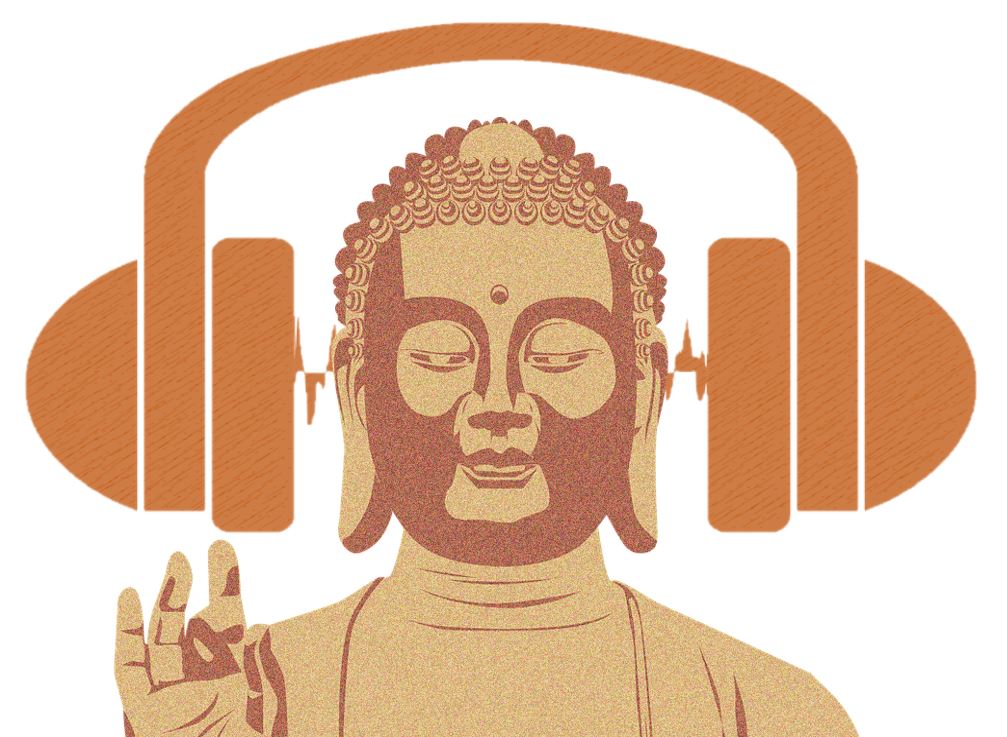Tag Archive for: Walt Opie

We often hear the phrase to “just let it go,” but sometimes that can be frustrating advice. In this talk, we will explore the insights we are encouraged to investigate which can lead to a profound letting go as a result of ongoing insight meditation practice. It can also be very helpful on a less profound level in day-to-day life to understand the nature of constant change. In addition, Walt will reminisce about the recent loss of legendary Bay Area radio personality and beloved insight meditation teacher Wes “Scoop” Nisker, whose kindness, humor and humanness were very inspiring.

According to Bhikkhu Bodhi, upekkha, the Pali term we usually translate as equanimity, could literally be translated as “there in the middleness.” This points to the balancing power of equanimity. It is also sometimes described as an evenness of mind. When we have cultivated this quality over time in our practice, we are not as easily swayed by the eight worldly winds of gain and loss, praise and blame, fame and disrepute, or pleasure and pain. Another reason this is an important quality to cultivate is related to the law of impermanence, that everything is constantly changing, and therefore unreliable, unsatisfactory, not a true refuge. We will discuss how to keep balance of mind in the face of this reality, as well.
The Buddha represents the human potential to awaken that we all share. During this day of practice together, we will look at ways we can take inspiration from the life of the historical Buddha, as presented in the early discourses or suttas, as we travel on our own spiritual journey. We’ll look at some of the practices the Buddha tried before finding the path of awakening, as well as what led to his breakthrough, his decision to teach, and some of the important teachings he offered throughout his teaching career. Instructions will be offered in Mindfulness of Breathing, which was one of the Buddha’s favorite meditation practices. This day included sitting and walking instructions, dharma talks, and discussion/Q&A. Suitable for both beginning and more experienced meditators.
Before he discovered the path to awakening, the Buddha tried various ascetic practices in accord with the beliefs of his time in ancient India. One belief was that “happiness cannot be gained through happiness, but instead requires going through (self-inflicted) pain,” according to Bhikkhu Analayo in his book A Meditator’s Life of the Buddha. However, at a certain point the Buddha saw that he was not achieving his goal of liberation, so he began looking for another way. This led him to a realization that certain types of wholesome joy or happiness related to meditation and renunciation might lead in the direction of awakening. The Saturday, February 25 daylong retreat will also touch on this theme and expand on it, but both events are standalone; you may attend one or both. Bhikkhu Analayo’s aforementioned book A Meditator’s Life of the Buddha (Windhorse Publications, 2017) is one of the main inspirations for this theme.
We will discuss Right Thought, often called Right Intention, which is the second factor of the Noble Eightfold Path (after Right View). In one sutta, usually translated as “Two Kinds of Thought” (MN 19), the Buddha said that before his enlightenment he realized he could divide his thoughts into “two classes” as either: thoughts of sensual desire, ill and cruelty OR thoughts of renunciation, non-ill will and non-cruelty. He then saw that the first class of thought led to affliction for himself and others, while the other class did not. Pondering this helped lead him on to his eventual liberation. He concluded this discourse by telling his audience that “the safe and good path to be traveled joyfully has been reopened by me.”
Sacramento Insight Meditation is celebrating 20 years as a sangha! We have come a long way since the start in 2002 and will be commemorating the anniversary at a special event on December 1, 2022. Our esteemed teachers, Dennis Warren, Diane Wilde, Rich Howard, and special guest, John Travis, will be there in person to share memories of their involvement in SIM. Kamala Masters and Steve Armstrong will also be joining us via Zoom. The meditation portion of the evening will be shortened a bit to have time for cake and tea afterwards. This will also be an opportunity to socialize with one another.
One of the attractive aspects of Buddhism to many of us is that it does not require blind faith in a teacher or the teachings. However, in several suttas, the Buddha referred to faith as a type of wealth or treasure. And Bhikkhu Bodhi has said the significance of faith is that it “serves as a spur to practice.” There are at least three different types of faith described in our Buddhist tradition, including bright faith, verified faith, and unshakeable faith. We will take a look at these and other facets of faith.
Visit Us
SIM meets online and in-person at the Sacramento Dharma Center
What is Dana?
Dana is a Buddhist word that means generosity or heart. Nearly all Sacramento Insight Meditation activities are offered on a dana (donations) basis. This means our programs are sustained by the generosity of instructors in offering teachings freely and on the generosity of students and members of the meditative community in the form of financial support, service and participation in events. Practice dana, please support our Sangha. DONATE NOW
